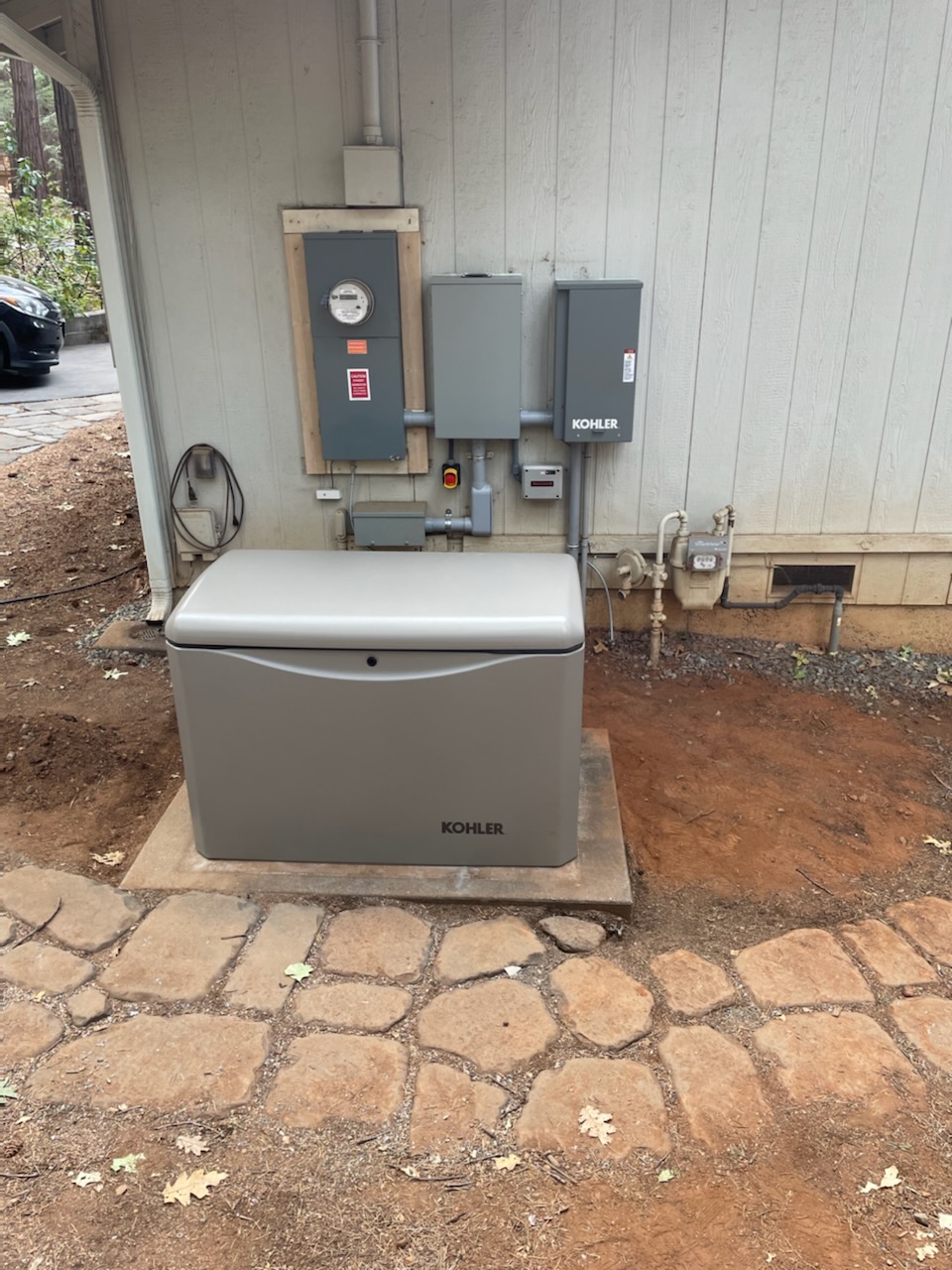Can you safely run your generator in the rain?
In short, YES! With the proper preparation and equipment, you can absolutely run your generator in the rain.
As experienced local electricians deeply invested in community safety, we understand the challenges homeowners face when the power goes out during inclement weather. One question that frequently arises is how to safely operate generators in the rain. Join us as we share essential tips to help you navigate this critical aspect of emergency preparedness.
Selecting the right Generator
When choosing a generator for rainy conditions, opt for models specifically designed with waterproof casing and covered outlets. These features help protect the generator’s internal components from moisture, ensuring reliable operation during adverse weather.
Proper Placement Matters
Position your generator on a dry, elevated surface to minimize contact with standing water. Consider creating a makeshift canopy or investing in a generator tent to provide additional protection from rain while allowing for adequate ventilation.
Weatherproofing Electrical Connections
Protect electrical connections by using waterproof covers for outlets and extension cords. Ensure all connections are secure and free from exposure to rain to prevent short circuits and electrocution risks.
Maintaining Ventillation
Despite the rain, it’s crucial to maintain proper ventilation for your generator. Avoid enclosing the generator in airtight spaces, as this can lead to dangerous carbon monoxide buildup. Instead, provide ample airflow while sheltering the unit from direct exposure to rain.
Regular Maintenance Checks
Perform regular maintenance checks, especially after running the generator in wet conditions. Inspect for any signs of water damage or corrosion, and address any issues promptly to maintain optimal performance and safety.
Safety First
Operating a generator in the rain requires careful attention to safety precautions. Keep hands dry when handling electrical connections, use ground fault circuit interrupters (GFCIs) to prevent electrical shocks, and avoid overloading the generator to prevent potential hazards.
By following these essential tips, you can safely run your generator during rainy weather, ensuring uninterrupted power supply when you need it most. As your trusted local electrician, I encourage you to prioritize safety and preparedness in all your emergency plans.
For professional assistance with generator installation, maintenance, or safety inspections, don’t hesitate to reach out to us at Solasystemelectrical.com. Let’s work together to keep your home powered and your family safe, rain or shine.



